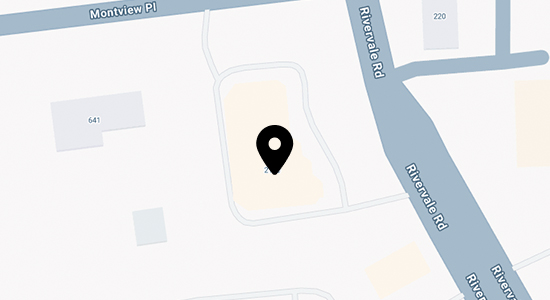- Contact Us Now: (201) 494-2800 Tap Here To Call Us
Why Do Lenders Escrow for Property Taxes and Homeowners Insurance at Closing?

In New Jersey, one of the key steps in the home-buying process involves the establishment of an escrow account by the lender for property taxes and homeowners insurance. If you’re preparing to close on a property, you might wonder why lenders require these funds to be held in escrow. Let’s break down the reasons behind this common practice and why it’s crucial to both lenders and homeowners.
What Is an Escrow Account?
An escrow account is a separate account set up by the lender to collect and hold funds to cover certain recurring property-related expenses, namely property taxes and homeowners insurance. Instead of the homeowner paying these expenses in large lump sums directly to the taxing authorities or insurance companies, the lender collects a portion of the total each month, along with the mortgage payment. When taxes or insurance premiums are due, the lender pays them on behalf of the homeowner from the escrow account.
Why Do Lenders Require Escrow Accounts?
Protection of the Lender’s Investment Lenders require an escrow account because it ensures that critical costs like property taxes and homeowners insurance are paid on time. Unpaid property taxes can lead to a tax lien on the property, while lapsed insurance coverage leaves the home—and the lender’s collateral—vulnerable to damage or loss. By holding these funds in escrow, the lender protects their investment and reduces the risk that their security interest will be impaired.
Avoidance of Foreclosure or Additional Liens If property taxes aren’t paid, a municipality has the authority to place a lien on the property. Tax liens take priority over mortgage liens, which could result in the loss of the property through a tax sale if the homeowner defaults. Similarly, failure to maintain homeowners insurance could result in serious financial consequences if the property is damaged or destroyed, leaving both the homeowner and the lender without adequate protection.
Budgeting Assistance for Homeowners Property taxes and homeowners insurance are often large, irregular expenses that can be difficult to budget for, especially for first-time homeowners. Lenders recognize that spreading these payments out over 12 months helps ensure that homeowners aren’t caught off-guard by large bills. This system helps homeowners avoid the financial strain of making a lump sum payment and ensures that taxes and insurance are always covered.
Compliance with Loan Agreements Many mortgage agreements contain specific provisions requiring an escrow account for taxes and insurance, especially for buyers who make down payments of less than 20%. Escrow accounts provide lenders with peace of mind that these critical expenses will be paid, regardless of the homeowner’s financial situation. For government-backed loans like FHA or VA loans, escrows are mandatory as part of the loan terms.
How Does the Escrow Process Work?
At closing, the lender will collect an initial deposit to “seed” the escrow account. This initial deposit typically covers several months’ worth of taxes and insurance premiums to ensure there’s enough to make the upcoming payments. From that point on, the lender will collect an escrow payment as part of the borrower’s monthly mortgage payment.
Each year, the lender will review the account to ensure the proper amounts are being collected to cover taxes and insurance. If there’s a shortage, the lender may adjust the monthly payments to account for changes in property tax assessments or insurance premiums.
Is Escrow Always Required?
While many lenders require escrow accounts, some borrowers may be able to opt out if they have a significant down payment, typically 20% or more. This option is referred to as an “escrow waiver,” and some lenders will allow homeowners to pay taxes and insurance directly. However, this decision comes with added responsibility, as the homeowner must ensure that payments are made in a timely manner to avoid penalties or lapses in coverage.
Conclusion: A Smart Safeguard
In New Jersey’s real estate market, escrowing for property taxes and homeowners insurance is a standard practice designed to protect both the lender and the homeowner. While it might seem like just another cost added to the monthly mortgage payment, the benefits of predictable budgeting, avoiding penalties, and protecting your home from risk make it a smart safeguard. Understanding why lenders require escrow accounts and how they work can help homeowners navigate the closing process with confidence.
If you have any questions about escrow accounts or need assistance with your New Jersey real estate transaction, feel free to reach out to Joseph DiPiazza, Esq. We’re here to guide you every step of the way!


